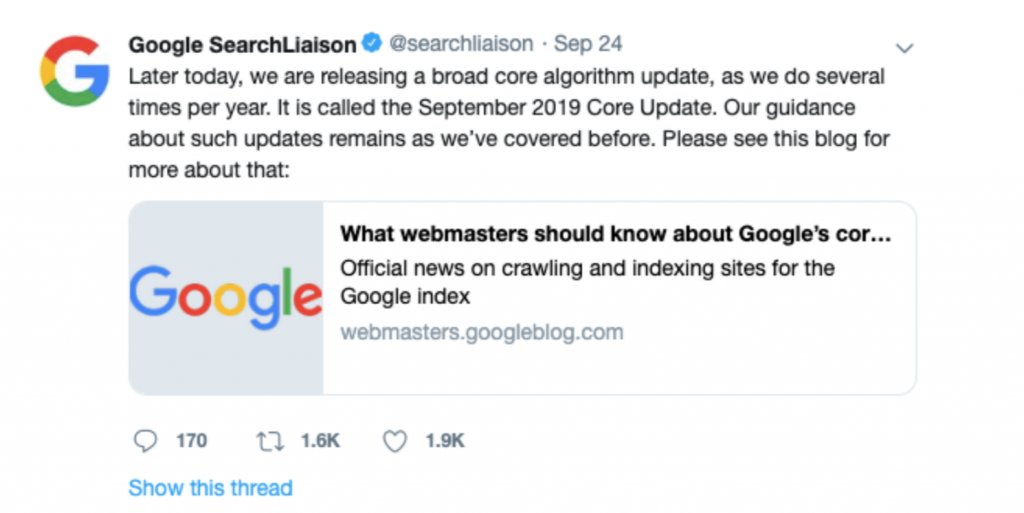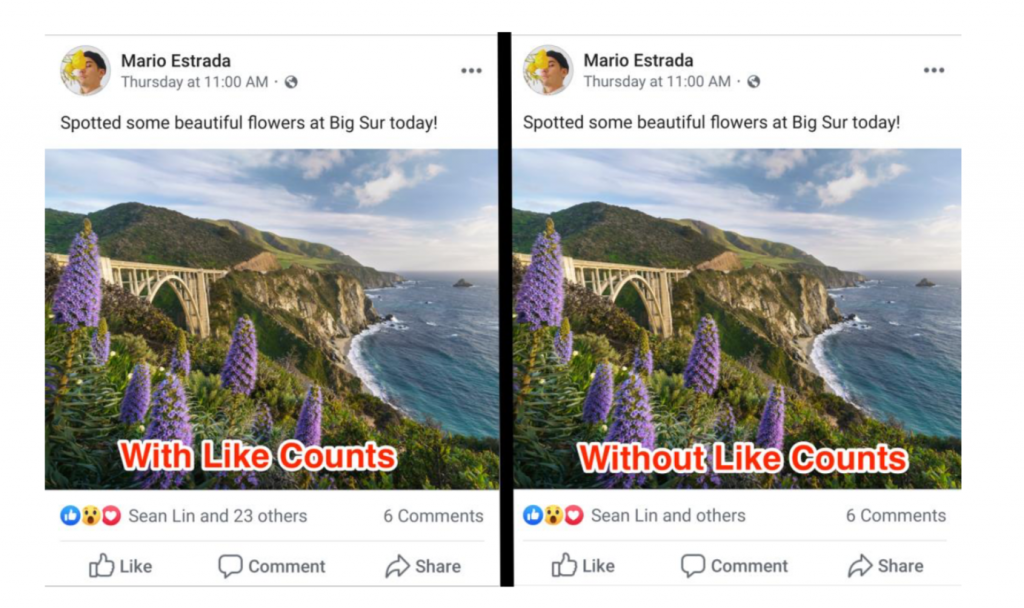A new development by Google now denies businesses the right to add review markup for themselves. It was announced on September 16th that the review stars that appear in the search results will now be managed algorithmically only; they will no longer include reviews from the /LocalBusiness and /Organization markup.
The Idea Behind This New Development
The reasoning provided by Google for this move is that the reviews are meant to be unbiased. When an entity like a business or an organization gets to add a markup and control the reviews about themselves then the reviews end up becoming “self-serving”.
Henceforth, only the following markups qualify for review stars
● schema.org/Book
● schema.org/Course
● schema.org/CreativeWorkSeason
● schema.org/CreativeWorkSeries
● schema.org/Episode
● schema.org/Event
● schema.org/Game
● schema.org/HowTo
● schema.org/MediaObject
● schema.org/Movie
● schema.org/MusicPlaylist
● schema.org/MusicRecording
● schema.org/Product
● schema.org/Recipe
● schema.org/SoftwareApplication
How This Affects Your Business
It now becomes even more vital to ensure that your customers are specific about the product or service that they review. Mentioning the specific product or service name will enable you to use the review within the /Product markup, thus getting you those review stars. You must also remember to use aggregate review markup within all of the above mentioned relevant markups types.




